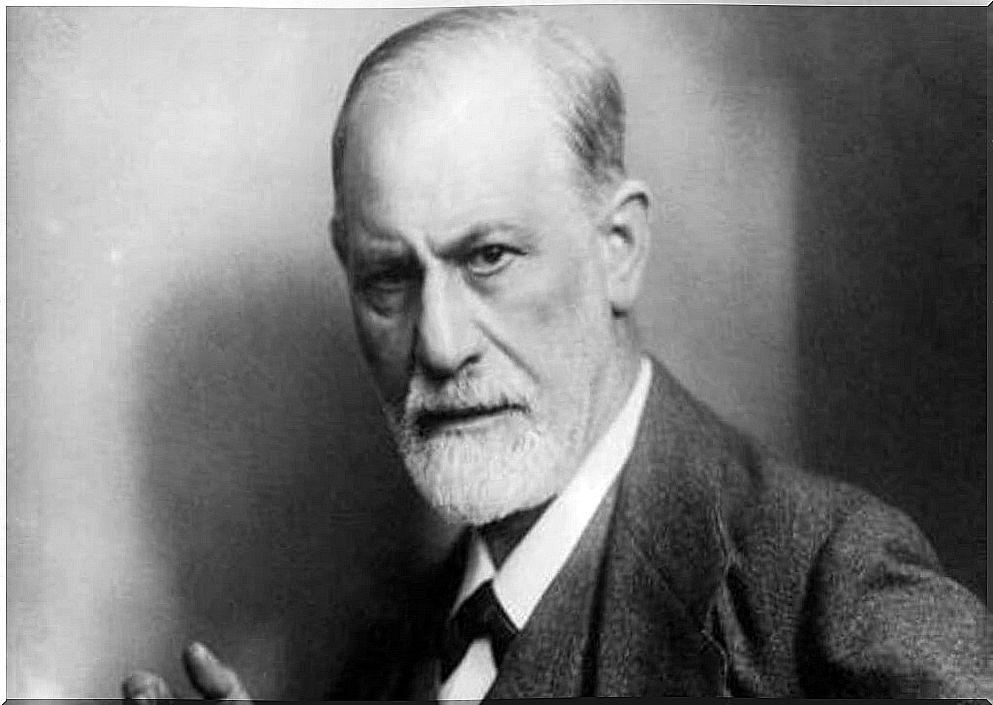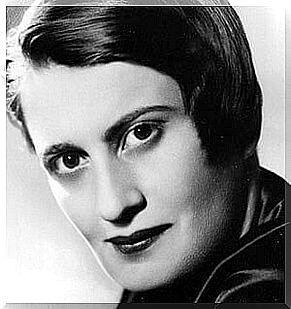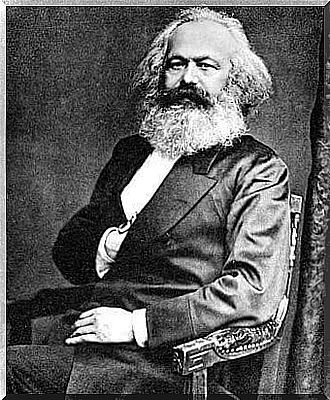Freud And Other Atheists Who Changed The World

The relationship of man with God or the total absence of relationship was a theme that has generated many of the finest stories or the most bitter controversies since Antiquity. Normally, people have a habit of calling themselves atheists, agnostics, or believers when asked what they think of the idea of God.
This idea has been defined and spread by the majority of the monotheistic religions of the world, it has touched millions of people and a large number of societies have organized themselves around it. Sometimes the skepticism about religious elements goes further and one not only denies the idea of god, but also other intuitive or energetic ones like the Law of Karma or the Law of Attraction.
Being an atheist doesn’t make you a good or a bad person
We could say that, further from your religious education or not, there are people “unbelievers” and others who are not, as the great actor Fernando Fernán Gómez affirmed. The point is, this belief in itself doesn’t make your life better or worse, there are other kinds of variables that determine our history and relationships.
Despite this, a recent experiment led by Jean Decety, neuroscientist and psychologist at the University of Chicago for children between 5 and 12 years old living in six culturally different countries (Canada, United States, Jordan, Turkey, South Africa and China ) has shown that children who do not receive religious education in their families are more generous when it comes to sharing their treasures with other children they do not know. A curious fact.
“My atheism is ignited when private belief turns into a public affair and when, in the name of a personal mental pathology, one organizes the world for one’s neighbor. Because of the personal anguish to the handling of the body and the soul of the other, there is a world where one sees boiling, ambushed, the profiteers of this spiritual and mental misery. “
– Michel Onfray –
But without going into this deep valuation of what to believe or not, because there is no precise answer on this subject, it is interesting to know how, throughout the story, many characters come together. are defined as atheists and have done so with firmness and conviction, at the risk of suffering retaliation. They simply expressed their beliefs freely and their way of perceiving human and social relations from a radically different prism.
In the rest of this article, let’s take a look at some of the most famous and committed atheists:
Ayn Rand
On many occasions, Marxist thought is linked to the most antagonistic form of understanding society in relation to the proposition made by religion. The creator of “objectivism” opposes both positions, arguing that for a person who aspires to be different, taking ideas from religion or communism leads to a detrimental result.
“Truly, if I want to sum up my attitude to the idea of God, this is it: As far as I know, the definition of God is ‘that which the human mind cannot comprehend’. Being a rationalist, literal in mind, and believing that it is a moral obligation to actually believe what someone says, I take those who give this definition literally, I agree with them and I obey them: I do not understand it. “

Ayn Rand exposes an agnostic neoliberal philosophy that has been very well accepted by some intellectual and artistic circles, which just lamented that this individualistic ideology was not explained in a deeper way. Although she has emitted contradictions throughout her life on social and political themes, what has remained of this woman is her atheism until death.
Albert Einstein
If there is a personality questioned about his belief or not in the idea of God, it is that of this renowned scientist and author of The Theory of Relativity. Einstein was a staunch atheist, who in reality declared himself publicly agnostic, trying to dodge academic aversions.
Religion did not interest him at all and for him the concept of God was not at all a central point, neither in his theory nor in his life. In one of his statements, and in response to the enormous interest people had in his opinion on this topic, Einstein explained that to him, if God existed, he would look like the one Spinoza describes: an extensive God. and without a dualistic nature, which totally contradicts the conventional idea and accepted by the majority of people who follow a monotheistic religion.
Hypatia of Alexandria
Hypatia was probably the most important philosopher of Antiquity, along with Aspasia and Hipparchus. Its figure remained ostracized due to the concealment of its enormous influence in the history of various sciences which were still being born. Her condition as an agnostic woman brought about this fact.

He was not a person engaged with the religious events that occurred in his town and which must be the ones that drifted towards his gruesome assassination by a religious hierarchy. A hierarchy which saw in its knowledge of mathematics, astronomy or philosophy a feared enemy. Unfortunately, his death was a prelude to the religious control that existed in the Middle Ages.
Karl Marx
Karl Marx was a German intellectual of Jewish origin who, along with Friedrich Engels, founded scientific socialism, modern communism, Marxism, and historical materialism. The work of this thinker is impossible to synthesize, but what is clear is that he frontally rejected the idea of God, religion and the existence of social classes.
“Just as in religion man is dominated by the product of his own head, in capitalist production he is dominated by the product of his own hand”
– Karl Marx –

Even if a priori these ideas do not seem to have any link between them, they find their logic and their perfect coherence in their development: a society, to be freer, must try to be as egalitarian and as fair as possible, and this is possible through action and company name. If we let go of that reason and turn to ideals like God or money to solve problems, society and its organization are left adrift.
Sigmund Freud
Currently, in the world of psychology, the figure of Sigmund Freud is equally revered and hated. Some other people take an intermediate stance on this polemic neurologist and recognize the work he did in his time, but they think that his weight in current psychiatry is totally disproportionate, taking into account only a tiny part of his theory. has met with scientific support.
“It would be very nice if God exists, that he created the world and that he is a benevolent providence; that there is a moral order in the universe and a future life; but it is very surprising that all of this is exactly what we feel compelled to wish for. “
– Sigmund Freud –
In this way, we could define Freud as a lover of the study of the human being, someone in constant search of the why of the complex behavior of adults, persisting in giving a general and beautiful explanation of our most plan. intimate and subjective.
In this subjective domain, for Freud the idea of God had no place to explain the complex human relations and supposes a decline in the maturity and the commitment of each individual. For him, it was a personal failure to give really satisfying and useful answers to the puzzles of our own history.









